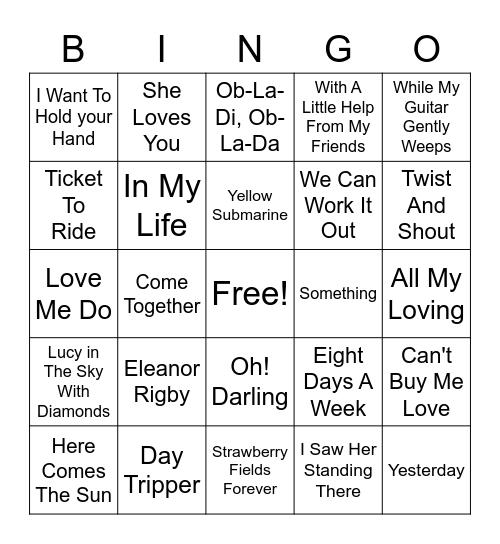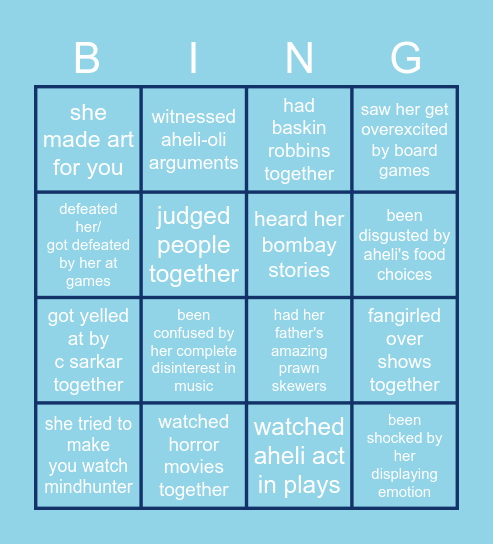

Your music therapist will evaluate the effectiveness of the music therapy session and determine if your goals were met. What should I expect after the music therapy? Use an instrument like a piano, guitar, drums, etc. Read or listen to the lyrics of a song and talk about their meaning. It can be as simple as tapping your toes together or as complicated as a coordinated dance. Use your voice to share a piece of music. You might compose music, write lyrics, or make up music together In doing so, they’ll consider:ĭuring music therapy you and your therapist will do one or more of the following: They will then work with you to identify goals and design appropriate music therapy experiences for the session. Your music therapist will also talk with you about any background you might have in music and your musical preferences. Cognitive (mental and intellectual) skills.Attention deficit/Hyperactivity disorder (ADHD).īefore the session, your music therapist will assess your needs and your strengths.Music therapy may help with the following: Do music therapists work with children and adolescents? Sometimes music therapy is held in groups. You may be able to come in for sessions during the day (just like a counseling appointment), or a music therapist may come to you while you’re admitted into the hospital or at school.

Whether the music therapy is delivered outpatient or inpatient depends on the individual program. Is music therapy outpatient or inpatient? Music therapists also go to juvenile detention facilities, schools and private practices. The most common settings are hospitals, schools, nursing homes, outpatient clinics, mental health centers and residences for individuals with developmental disabilities. Research has shown that it can increase motivation and self-esteem, reduce muscle tension, decrease anxiety, improve self-awareness and strengthen coping skills. Music therapy may help if you have a substance abuse disorder. Music therapy can help decrease your pain, anxiety, fatigue and depression. If you’re dealing with a mental health disorder, music therapy can help you with communication and expression, help you explore your thoughts and feelings, improve your mood and concentration and develop coping skills. Individuals with mental health disorders.The list includes, but is not limited to people with chronic pain, diabetes, cardiac conditions, cancer, headaches, recent surgery and people in rehab. Music therapy can help you with decreasing those three experiences, improving your mood, feeling confident and in control and providing a non-verbal outlet for emotions. If you’ve experienced trauma and crisis, you might have anxiety, stress and pain. If you’re incarcerated, in a mental health facility, half-way house or group home, music therapy may help with problem-solving, communication skills, relaxation and decreasing impulsivity. Music therapy may help with memory and stimulate your mind because of predictability, familiarity and feelings of security. Individuals on the spectrum learn best when there is familiarity, structure, predictability and consistency. People with Autism Spectrum Disorder (ASD).Music therapy helps you cope with trauma.



 0 kommentar(er)
0 kommentar(er)
